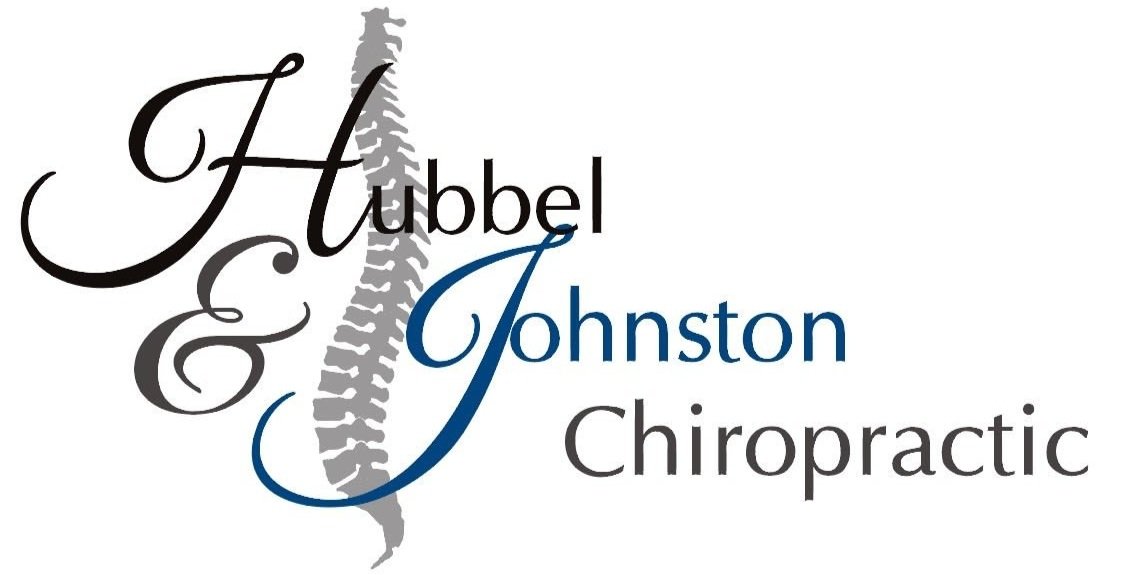How One Concussion Can Change Your Brain
Many of our older patients will reminisce of times when they played sports, were “knocked out cold”, and continued to play as soon as they came to. Unfortunately, concussions have been misdiagnosed for many years, as we didn’t understand how the brain functioned fully. Luckily, with recent understanding of brain chemistry, chronic outcomes of concussion and better information on how to care for a concussion, we are equipped with knowledge to prevent and treat them to minimize negative outcomes.
A concussion is a type of traumatic brain injury that can occur after any direct or indirect injury to the head, such as a direct blow or a whiplash injury. They can range in severity, with mild and transient symptoms, to extended periods of altered consciousness. Concussions typically resolve on their own (with time), and this is why they have often not been taken seriously.
Contrary to popular belief, concussions actually are due to a functional change in your brain rather than a structural change. This means that your brain isn’t “bruised”, but after a head injury, the chemical and neurological function of your brain is disturbed. The amount of blood flow, how much “fuel” your brain gets, and how much energy it requires all changes, leading to symptoms such as headaches, visual disturbances, vomiting, nausea and fatigue. These symptoms are fairly minimal in comparison to the severity of what is happening in your body.
Huge leaps in research have come recently in the diagnosis of “Chronic Traumatic Encephalopathy” or CTE. CTE is a degenerative brain disease that is caused by repeated head impacts (not necessarily a full concussion). It is most commonly diagnosed in athletes who participate in contact and collision sports, and has been diagnosed in athletes as young as 17 years old. CTE, which has the word “chronic” in the name, means that these brain changes happen over time, and are often seen in adults after playing contact sports. One concussion can cause enough of a functional change in your brain to cause CTE long term.
Cases of CTE can cause dementia, mood changes, personality changes, and chronic concussion symptoms. The scariest part - CTE can only be diagnosed post-mortem, meaning that CTE can not be detected accurately in living people. This means that we do not know how many people have CTE, but a study found that more than 80% of brain bank donors who played contact sports had CTE. CTE is not rare, just very challenging to diagnose.
To prevent CTE, it is important to limit how many times, and how hard athletes are hit in the head. Simply preventing full concussions will not prevent CTE. Preventing repeated head contacts will prevent CTE.
What this means in practice:
Try to limit the amount of times that your child is hit in the head. When considering sports in which you enroll your children, think about how often a head contact will occur. Rugby is one of our least favourite (but locally popular), based on the repeated head contacts. Volleyball, softball, swimming, dance or youth soccer are all better options based on this measure.
Speaking of soccer - STOP HEADING THE BALL! Although we see high level players using the head to contact the ball, this counts as a significant head contact. There isn’t really a “right” way to have a ball hit your head, nor does wearing a mouth guard change your brain safety while heading a ball. Use your chest to slow down a high ball.
Wear a helmet while biking, rollerblading, or riding a scooter. Parents - make this part of the routine while using these toys.
If you are coaching - most hits actually occur during a practice. If a coach were to change their practice plan to cut head contacts in half, it would eliminate about a third of all head impacts. It is thought that this could limit the risk of CTE by about 20%. Practice learning to hit properly with gentle hits, as the intensity of hits also limits the risk of CTE.
Chiropractors are very important in treating a concussion. Any questions? Ask one of our doctors.

